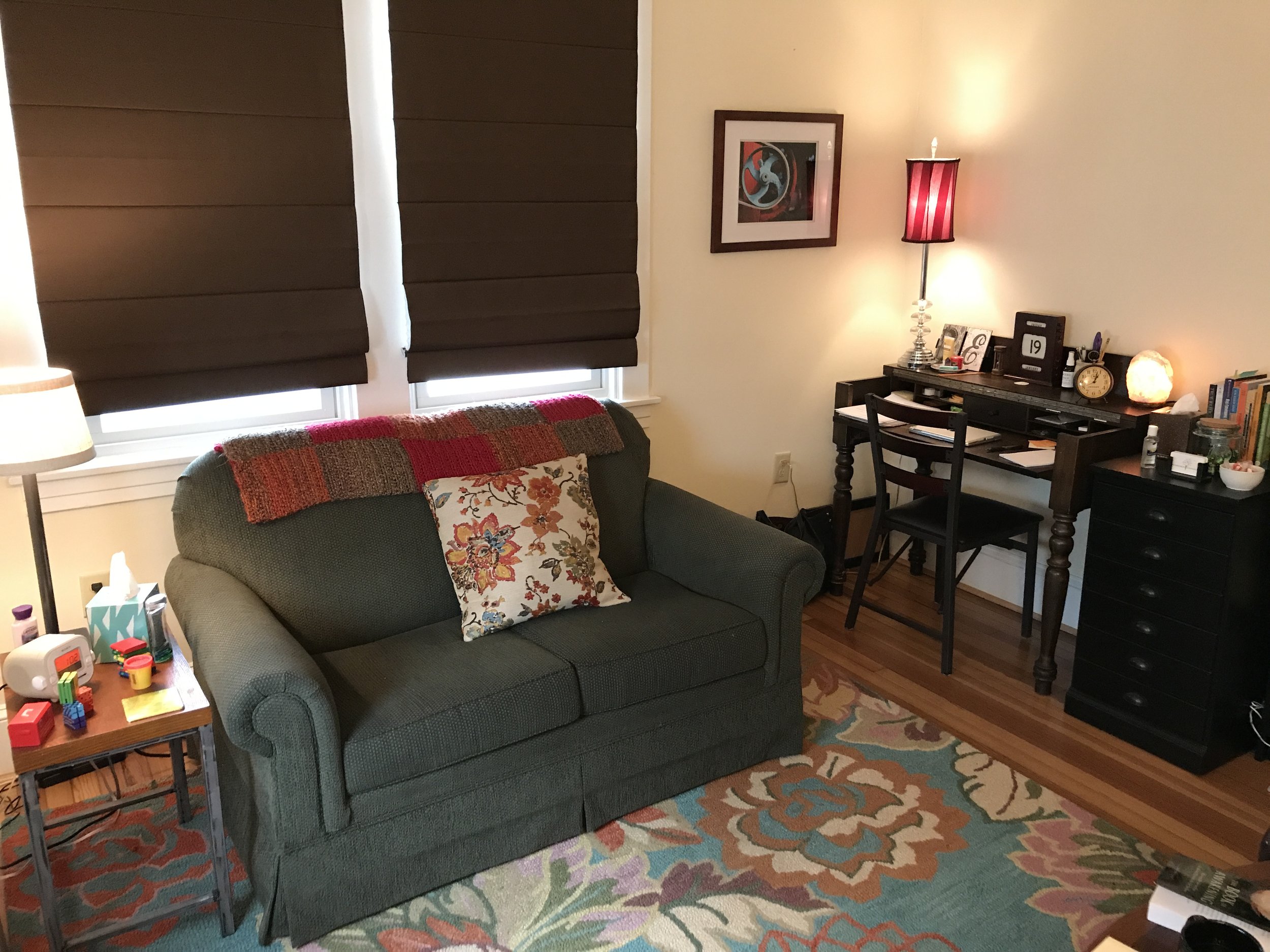The Inner Critic
The inner critical part is something I write about and talk a lot about a lot. That’s because it’s usually easy to identify and it can make us feel pretty terrible. This month my post, Does Your Inner Critic Fuel Anxiety? What Can You Learn Instead? for Good Therapy explores how our inner critic can often make us feel bad about our mistakes. But I also share that it's trying to protect us—and with a little practice, we can get it to be less critical. You can find it here.
Managing Expectations
In this week's Woman Worriers podcast I interview Agnes Wainman, PhD, of London Psychological Services. We talk about woman worriers and how the expectations that we learn from our culture and our own families can stand in the way of living a life that feels right. You can find it here.
You can tune in and subscribe to auto-download new podcast episodes to your Apple or Android device on IHeartRadio Spotify and on Stitcher. After you listen to a few episodes, please consider leaving an honest rating and review in iTunes and let me know how you think this podcast might benefit women.
You can also follow the podcast on Twitter, Facebook and the Woman Worriers homepage.
Have a wonderful week!
Elizabeth Cush, LCPC is a therapist, blogger, creator and host of the Woman Worriers podcast, and the owner of Progression Counseling in Annapolis, Md. She helps busy, overwhelmed men and women manage their anxiety and stress so they can live their lives with more ease, contentment and purpose. If you'd like to know more about how individual and group therapy can help ease anxiety and stress call me 410-339-1979.
Photo by Kinga Cichewicz on Unsplash






